#the highlight of the show !
Text
forever obsessed with dynamics between vampires, specifically that of a maker and fledgling, as a way to explore abuse. the creation of a vampire itself can so easily be a literalization of the lasting impacts of trauma and also much more simply the ways a perpetrator might shape their victim’s very identity. the extremes of isolation in the way that the new vampire, in most narratives, must cut all ties to their mortal life, or else go through an elaborate charade to maintain the facade of humanity, while forever still being removed from it. and the sheer dependence and vulnerability of being in an entirely new state of being, wholly uncertain of what it entails, and relying on another person to define… everything.
#or just the moral dilemmas#rewatching amc interview is kind of making me insane#that moment in episode two when louis is looking for a sort of assurance in the fact that lestat may actually have some good in him#look at how he cares about music look at the simple wondrous things that can bring him joy#and then the immediate dread when the opera performance turns out to be imperfect because he knows how lestat will react to *that*#I think there’s also something really interesting in the highlighting of lestat upbraids the less skilled singer before killing him#(slowly)#but also I will wait to watch more before I articulate my thoughts#vampires#interview with the vampire#amc interview with the vampire#i ramble sometimes#I do still find the lestat and claudia film and novel dynamic by far the most compelling for how she tries to usurp him but almost to be him#but I’m enjoying this#I’m very curious if I will like show claudia more on rewatch#the movie always resonated most with me (sue me lol) because there seemed to be more simultaneous fondness and attachment even at the end
4K notes
·
View notes
Text
its wild to me that for as much as people rave about the voice acting in FFXIV (and rightfully so), i've literally never seen anyone talk about the performances for nidhogg and hraesvelgr???
like those VAs were having to deal with a conlang that looks like this:

and still managed to give really great performances with emotion befitting the content of each line
anyway this is an appreciation post for simon greenall (nidhogg) and steven hartley (hraesvelgr), absolute legends
#rambles#ffxiv#this post is brought to you by DSR prog#where the highlight of every pull is the p3 transition#when nidhogg shows up hollering SLOSKH AN GAHR / AHM IN LHEIN FHAIL#the latter part of which my static lovingly mistransliterates as I AM NAMED KYLE#also i learned while making this post that nidhogg and lolorito share an english VA lmfao
1K notes
·
View notes
Text
Dooku didn't leave because of the Jedi.
At least, if you're going by George Lucas' word.
In deleted scenes of Attack of the Clones, when we learn about Dooku's departure and his values, there's no mention of the Jedi or "the Jedi Order as an institution".
And every time Lucas refers to Dooku's disenchantment and reason for falling, he doesn't mention the Jedi.
"When you realize that Dooku is Darth Tyranus, it explains what Darth Sidious did after Darth Maul was killed: he seduced a Jedi who had become disenchanted with the Republic. He preyed on that disenchantment and converted him to the dark side, which is also a setup for what happens with Anakin."
- Mythmaking: Behind the Scenes of Attack of the Clones, 2002
"[Dooku is] one of the few Jedi who became disenchanted with the Republic and left the order and he is leading a separatist movement."
- Vanity Fair, 2002
"I wanted a more sophisticated kind of villain. Dooku’s disenchantment with the corruption in the Empire is actually valid. It’s all valid. So, Chris plays it as, 'Is he really a villain or is he just someone who is disenchanted and trying to make things right?'"
- Starlog Magazine #300, 2002
He probably meant the Republic/Senate in that last one, but you get the point. And you're seeing the pattern, right?
Dooku's problem isn't the Jedi, it's the Republic.
He's become disenchanted with a system that - according to Lucas' prologue in the 2004 book Shatterpoint - worked for 1,000 years...
"For a thousand years, the Old Republic prospered and grew under the wise rule of the Senate and the protection of the venerable Jedi Knights."
... but has been rendered ineffective because of 1) senators becoming corrupt and 2) corporations gaining political power.
"But as often happens when wealth and power grow beyond all reasonable proportion, an evil fueled by greed arose. The massive organs of commerce mushroomed in power, the Senate became corrupt, and an ambitious named Palpatine was voted Supreme Chancellor."
That's the message Dooku runs on, when he rallies the systems to form the Separatist Alliance.
"By promising an alternative to the corruption and greed that was rotting the Republic from within, Dooku was able to persuade thousands of star systems to secede from the Republic."
The Jedi aren't really a factor in his decision to leave.
Why would they be? Their political status isn't very high, they're virtually powerless, as illustrated by the film's narrative and stated repeatedly by Lucas.
On the contrary, as we already established in this post, Lucas full-on confirmed that Dooku actually carries the sympathies of most of the Jedi. Again:
Most Jedi agree with Dooku, ideologically.
As far as the Jedi are concerned, the politicians are effing up the Republic, and it sucks because the Jedi see this but aren't allowed to interfere in the political process. They have to resort to looking for loopholes in their mandates to actually get stuff done.
That's what that whole "she's a politician" scene is meant to hint at. In the commentary of Attack of the Clones, Lucas uses a similar turn of phrase as he does with Dooku.
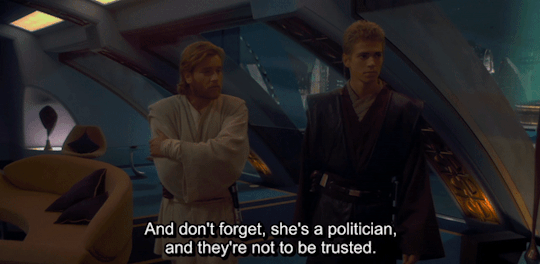
"[This scene gives us] a chance to talk a little bit about politics and the Jedi’s disenchantment with the political process, due to the corruption and the ineffectiveness of the Senate."
- Attack of the Clones, Director’s Commentary, 2002
Considering all this, it becomes clear that the intended narrative surrounding Dooku's decision to leave the Order is not:
"The Jedi are dogmatic and asleep at the wheel except for Dooku, who is ahead of the curb and sees the system is flawed, so he left."
It's actually:
"ALL Jedi see the system is flawed, Dooku's the only Jedi who decided to take it a step further and leave the Order so he can try to get into politics himself and change things."
That's why they hesitate to accuse him of murder.
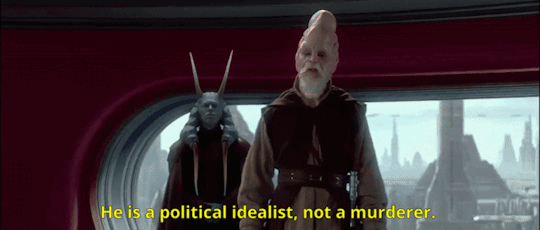
That's why in an earlier draft of the Attack of the Clones script, by the end of the second act, Mace STILL has his doubts that Dooku would sign a treaty with the Trade Federation to attack the Republic.

As far as the Jedi are concerned, Dooku is out there fighting the good fight, making noise because whenever they try to protest it falls on deaf ears... until his betrayal on Geonosis.
After all, let's not get it twisted: the Dooku we're introduced to in the films and The Clone Wars, isn't really just Dooku anymore.
He's Darth Tyranus.
A point Lucas makes sure to highlight in his Shatterpoint prologue:
"Unbeknownst to most of his followers, Dooku was himself a Dark Lord of the Sith, acting in collusion with his master, Darth Sidious, who, over the years, had struck an unholy alliance with the greater forces of commerce and their private droid armies."
It's not about doing the selfless thing for Dooku, anymore. He's knowingly part of the problem.
He's all about ambition, now. His personal goals are things like overthrowing Sidious and becoming the most powerful Jedi.
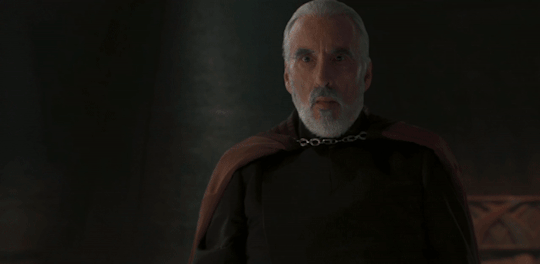
"[Anakin's] ambition and his dialogue here is the same as Dooku’s. He says “I will become more powerful than every Jedi.” And you’ll hear later on Dooku will say “I have become more powerful than any Jedi.” [...] It is possible for a Jedi to want to become more powerful, and control things."
- Attack of the Clones, Director’s Commentary, 2002
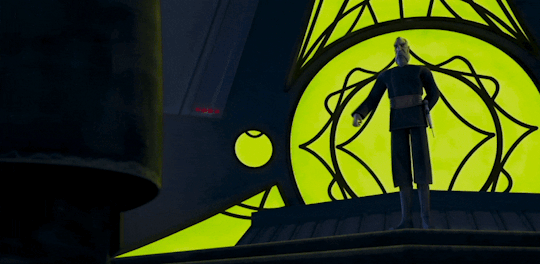
"If you put two Sith together, they try to get others to join them to get rid of the other Sith. [When revealing the truth to Obi-Wan], Dooku's ambition is really to get rid of Darth Sidious. He's trying to get Obi-Wan's assistance in that and help in that, so that he and Obi-Wan could overthrow Sidious and take over."
- Attack of the Clones, Commentary Track 2, 2002
Y'know? Selfish things.
Dooku - like all other Sith, and like the very corporations and Senators he had sworn to destroy - is consumed by his own greed.
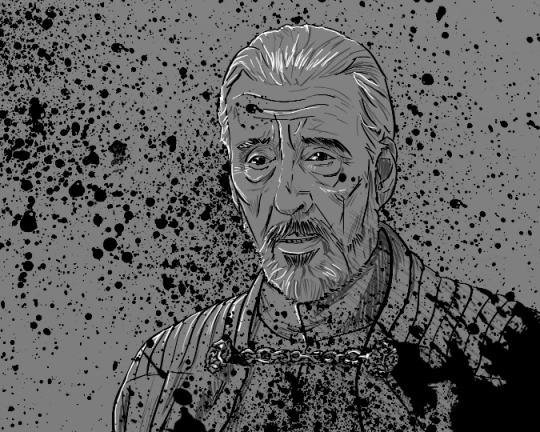
#also functionally-speaking Dooku being a Jedi is done to highlight the ambiguity throughout the investigation on whether or not this is#a scorned ex-Jedi or a straight-up bad guy... you're never sure until the end of AOTC. That and Dooku being a former Jedi shows that#even someone who was once selfless and dutiful can crave power and be selfish#which sets up a precedent for Anakin - who's already struggling with being a selfless Jedi - when HE falls to the Dark Side#Dooku being a former Jedi isn't a plot point meant to narratively criticise of the Order... it's meant to hint at Anakin's downfall.#dooku#george lucas#star wars#attack of the clones#long post#collection of quotes
2K notes
·
View notes
Text
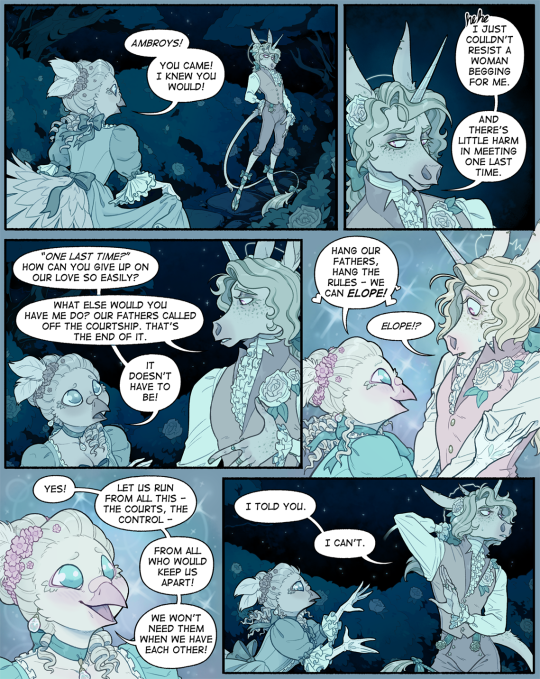
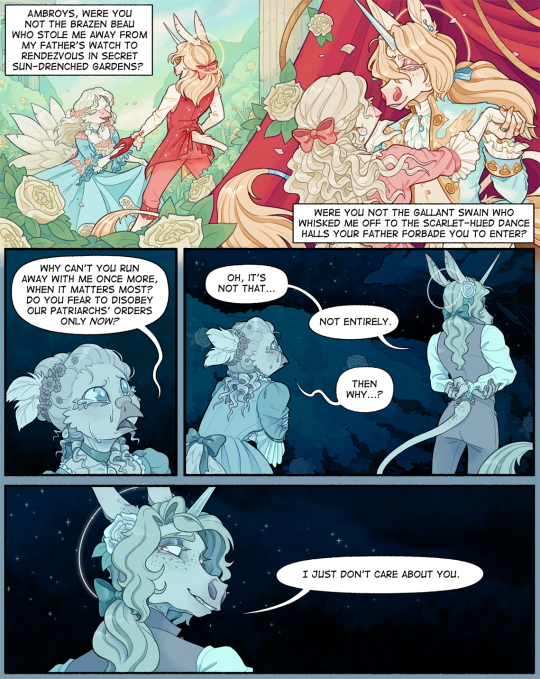
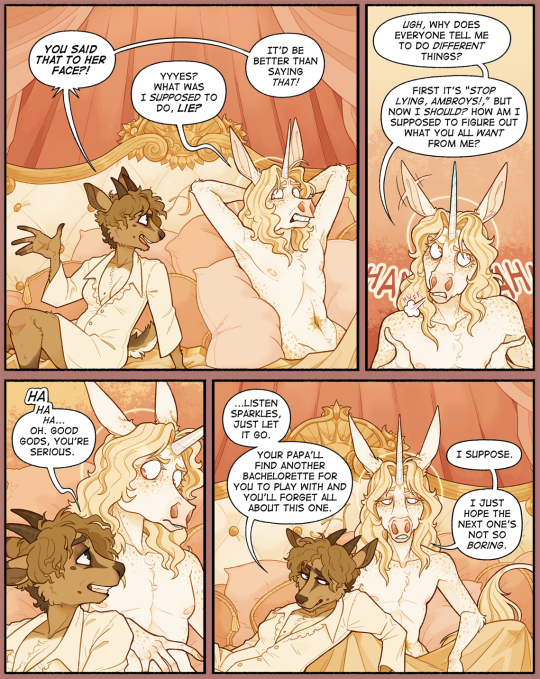
As an eligible young noble of no small fame, Ambroys had a number of arranged courtships and suitresses in his youth, but any nascent marriages always fell through.
It's not that he didn't try; he certainly knew how to court a lady (perhaps too well, according to many fathers and husbands), and when he lacked knowledge on the affairs of womens' hearts, he sought counsel from a young woman who was a dear friend of his (perhaps too much counsel, according to his own father). Nonetheless, all he garnered for his efforts was separation after separation.
Ah, well. Maybe it was for the best.
#been working on this for a while... was just struck by the fact that I don't have much showing Ambroys' character in his “normal” “everyday”#so I wanted to do something “short” and “quick” to try to highlight some of his... quirks#and to contrast the loverman persona I think he's garnered#like yeah he's good at romance but also he's so fucking bad at it#just like he's good and bad at everything to do with interacting with people really#no matter how well you mimic dance steps it doesn't count for much when you don't know what the music is#or something like that...#also wanted to draw Lou (the goat) his girl best friend (with benefits)#who is actually quite important to him and his history but who I haven't drawn actually speaking or having a face yet#comics#my draws#amaranthine#ambroys#anthro#fantasy#unicorn#etc
753 notes
·
View notes
Text
Thing I’ve been working on for the past month or so!!
#the core of this was to highlight jons dependence on statements but idk if it shows! aw well we tried!!#tma#tma animatic#the magnus archives#magpod#tma fanart#jonmartin#jmart#jon sims#jonathan sims#martin blackwood#tma tim#tma sasha#tma elias#tma melanie#tma basira#tma daisy#magnus archives#magnus archives fanart#ppumpkin art
405 notes
·
View notes
Text
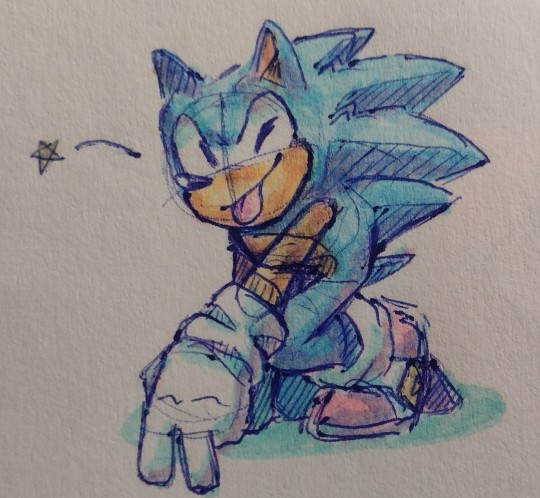
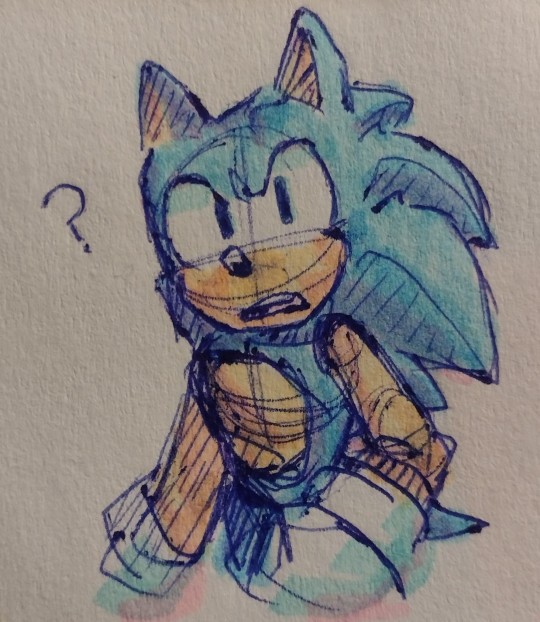



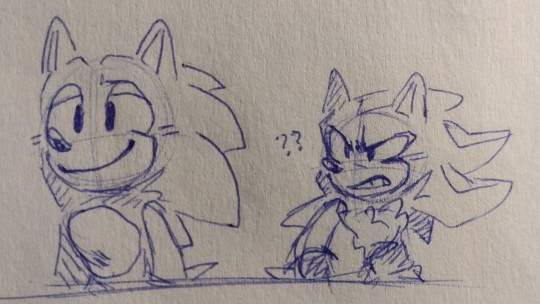
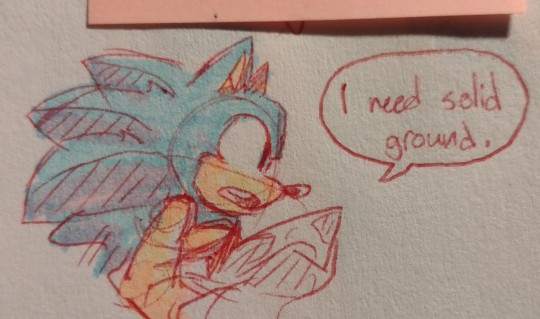
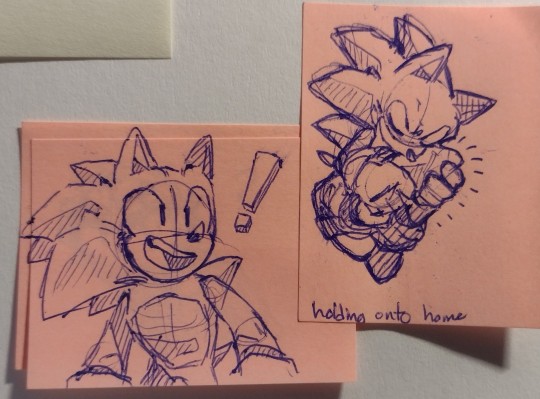
some last guys before armageddon ✌️ (prime s3)
#guys the expressions in this show are so good for practice. theyre so fun#big fan of the gag with sonic being emotional and shadow standing in the bg like 🧍#oh uh i have a laptop and nice drawing pad now btw so you should see more digital stuff soon#first i have to part with my pens and highlighters though.....ily traditional art...#sth#doodles#sonic prime#sonic the hedgehog#that last ones um with the yellow shard#ghost hill ily you make me so so sad
706 notes
·
View notes
Text
big fan of stories that are like fate is just the propaganda that allows the powerful to maintain control of the oppressed but also fate is just your childhood trauma driving you to recreate the same dysfunctional cycles over and over again but also fate is not an illusion fate is a real force that you live with every day and there are real consequences for defying it but also fate is just your father trying to tell you he knows you better than you know yourself. and he's wrong
#loki show apologism hours here at tyrannuspitch dot tumblr dot com 💚#space viking tag#carry on#meta#s: loki#th: fate + hierarchy#th: abuse + empire#ch: loki#ch: odin#r: loki + odin#r: kang + loki#ch: kang#highlights
6K notes
·
View notes
Text

DamiAnya my beloved~
#spy x family#anya forger#damian desmond#damianya#damian x anya#sxf#spy x family anya#i drew this last year when I binged watched SxF for the first time#these two are the highlight of the show for me#I don't even need them to get romantically involved#I just enjoy Anya being oblivious towards Damian's feelings#and Damian falling for her more and more as time goes on#cute as heck#CJ art
629 notes
·
View notes
Text
A Lestappen love story told through their feet, part ♾️:

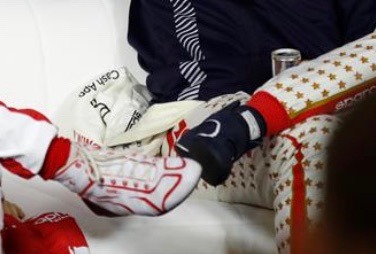
📸 James Moy
#I don’t have any brain capacity left for thoughts#this is getting completely out of control#max verstappen#charles leclerc#lestappen#las vegas gp 2023#2023 lestappen highlights#shh don’t show me another angle#I want to remain delusional#thank you x
708 notes
·
View notes
Text

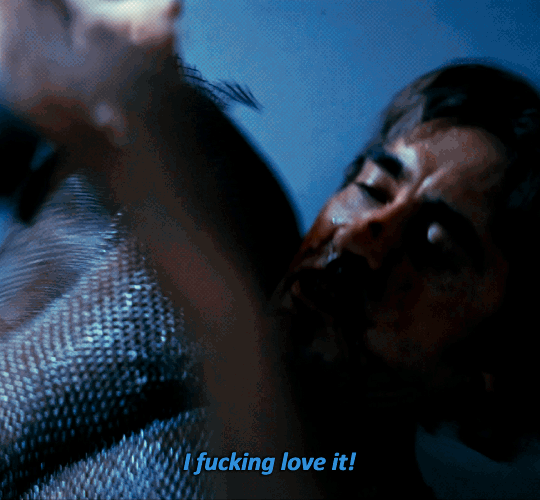
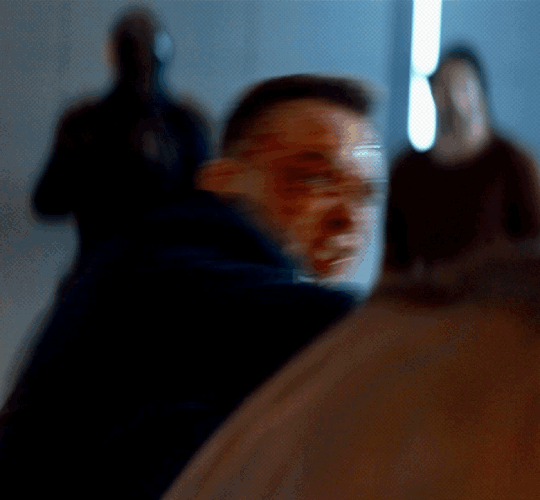
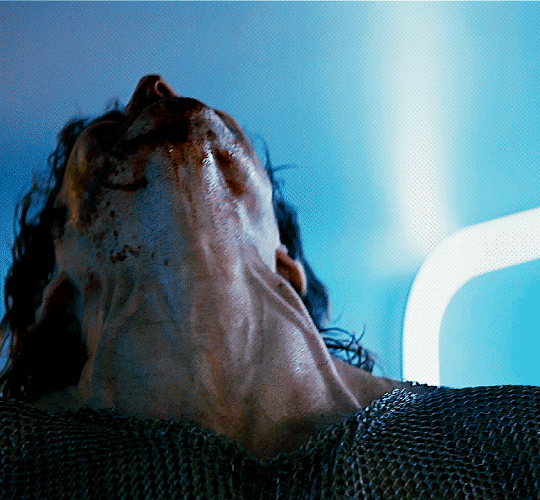
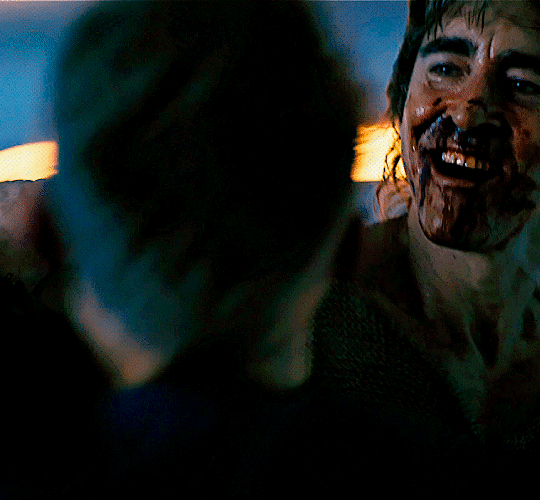

FOUNDATION | Creation Myths (2.10)
“Poor Ben Daniels actually broke a rib while filming this fight – but he championed on.”

#foundationedit#more highlights from the fight since it's getting people to watch the show#yeah i had to include the blood spitting again#foundation#bel riose#cleon xvii#brother day#lee pace#ben daniels#beegifs#foundation apple tv#foundation spoilers#tvedit#scifiedit#tvgifs
713 notes
·
View notes
Text
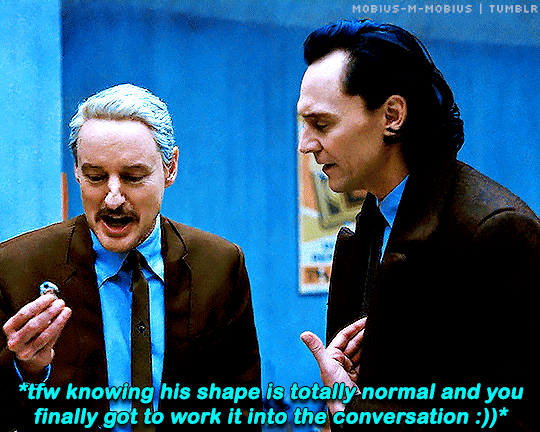

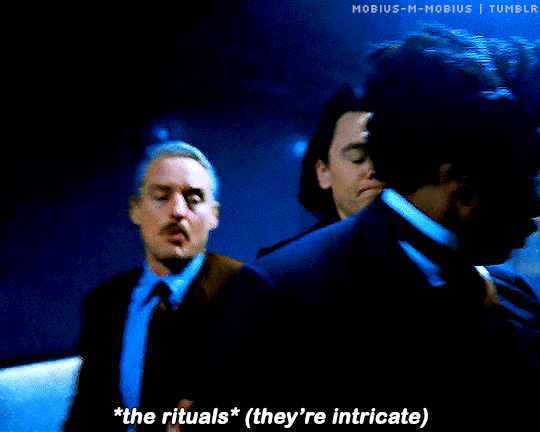


Lokius in Loki 2x04 - “Heart of the TVA”
#mobius#loki#lokius#mcuedit#lokiedit#marveledit#loki spoilers#owen wilson#tom hiddleston#just sneaking in a quick end of the world shot y'all know how it is lol#but mobius really said we're the good guys your honor 🥺🥺#and now imagine him showing up somewhere with loki on the sacred timeline with the same energy asfjsgfsk#we might be suffering through a mini divorce again but they still can't resist some some highlights first 😅#even next ep when my entire set's probably a single gif of loki hiding behind a display model trying to find mobius i'll be here for it :')#loki s2 spoilers#owenwilsonedit#marvel#dianagifs#flashing cw
586 notes
·
View notes
Text
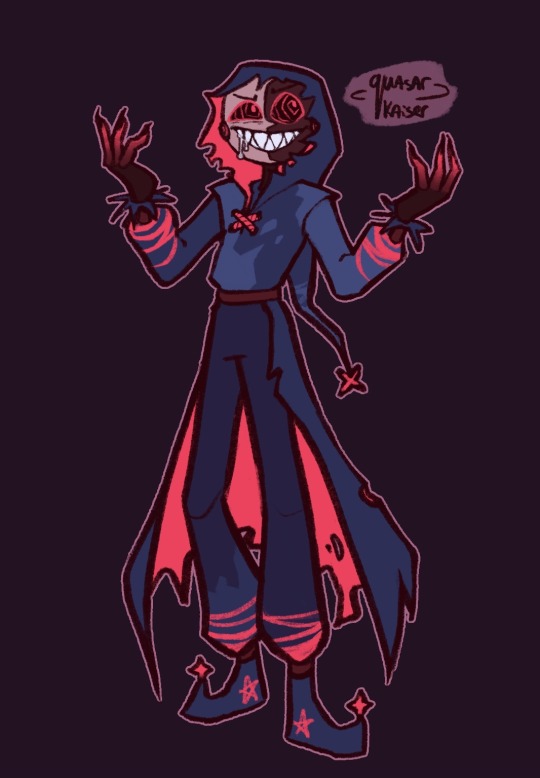
My take on BMs new design!
It took me a while to get used to it but fanart helped a lot
#sun and moon show bloodmoon#sams bloodmoon#fnaf bloodmoon#sun and moon show#the sun and moon show#sams#tsams#astro art#I actually really like the navy#it allows me to play around with neon highlights#also it kinda visually shows it’s not the OG but a copy#sorry I twinkified them btw
619 notes
·
View notes
Photo

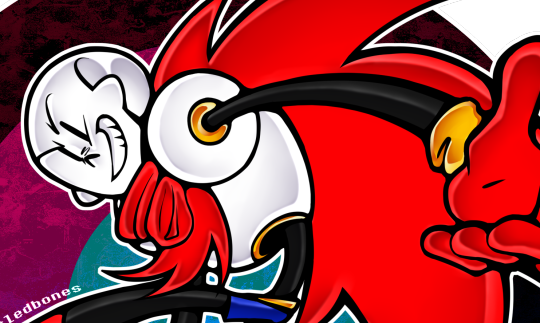
redrew this old thing to be more faithful to the original art and ngl i’m obsessed with it now
#trousled arts#undertale#papyrus#trying to sound chill typing that caption as if i'm not going to print this out and eat it in one bite#also i cant remember if links still stop things from showing up in tags so lets find out lmaoo#those highlights were a BITCH btw. but this was really really fun lol#i definitely learned a lot about how to study other art styles and branch out a bit from my usual techniques#i will Not be doing that shading style ever ever ever again but the lines.....hmmmmmm#anyway *cocks gun* LOOKIT
2K notes
·
View notes
Text
Alhaitham referring to kaveh in ways which acknowledge his skill, and kaveh perceiving it as sarcasm, even though alhaitham refers to kaveh in the same ways when kaveh isn’t present is driving me a little bit insane - especially what this prompts the player to question!!
When we first meet kaveh in the archon quest the relationship between him and alhaitham is presented to us as “terrible” (courtesy of npc geoff who introduces kaveh’s return to sumeru city), and the cutscene in the house of daena demonstrates what this entails, being that the two cannot see eye to eye, and, seemingly don’t hold each other in high regard.
Alhaitham seemingly refers to kaveh’s genius in a sarcastic light and kaveh claims to despise talking to alhaitham because of his arrogance.
Looking to kaveh’s hangout, however, when the player has a one-on-one with alhaitham, the player gets a glimpse into alhaitham’s personal understanding of kaveh, and with this, his own views on kaveh.
Within this exchange between him and the player, Alhaitham uses Kaveh’s title without sarcasm, sincerely praising him and his skills, elevating him over ‘less skilled’ architects and asserting that Kaveh should have more confidence in his work.
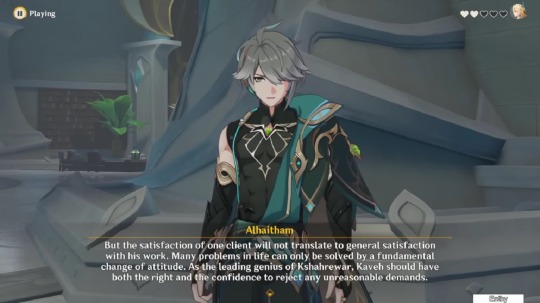

The reason that Alhaitham does not openly praise Kaveh is stated here, being that “admonitions” will serve no purpose due to people being prone to fall into “similar pitfalls”, and that people should have the right to lead their own life, rather than have it interfered upon by others
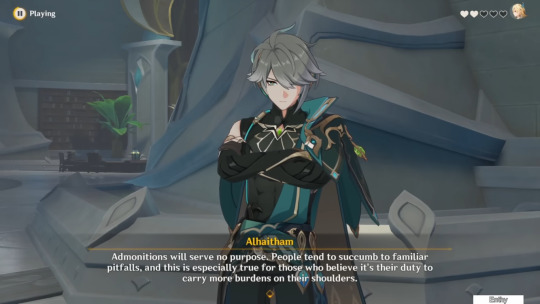
The reading here is that even if Alhaitham did openly praise Kaveh, no difference would be made in Kaveh’s thinking. Yet, by refraining from praise, and instead goading, by this logic, this also makes no difference. Therefore, the question is raised, ‘why can Alhaitham praise Kaveh to the player, and not to Kaveh himself?’
When Alhaitham praises Kaveh’s work within Kaveh’s hangout it is through there being no record of issues in the reconstruction of port ormos, which is something kaveh states first - in this context, alhaitham notes the work as an “impressive achievement”, which kaveh assents to, as there is no standing in which this can be debated. Kaveh cannot resent a compliment steeped in fact, even from alhaitham



The problem, then, is rooted in alhaitham’s delivery, which relates to their core issue of miscommunication. Referring back to their exchange in the House of Daena, it is observed that Alhaitham uses similar descriptors of Kaveh to Kaveh, similar to the descriptors he uses to the Traveler in Kaveh’s hangout, however, Kaveh perceives these words as sarcasm.
This highlights the miscommunication between them and can aid in answering the question why Alhaitham cannot be open with Kaveh, as he will be misconstrued.
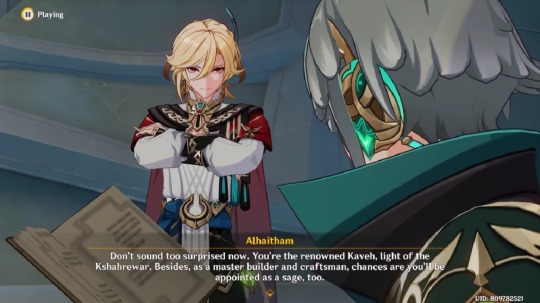
Through Alhaitham’s repeated elusions to Kaveh when he is not present and his open esteem of Kaveh and his work to the Traveler, Kaveh’s assertion that Alhaitham holds him in a negative light is proved incorrect. This serves to highlight the miscommunication between the two, causing the player to question why they hold such contrasting views of the other.
Clearly, there is a reason why Alhaitham cannot openly express his regard of Kaveh to Kaveh, but this reason is obscure to both kaveh and the player.
In terms of queer subtext it’s pretty interesting that alhaitham’s high regard for kaveh is shown within the surface text and yet the reason for this secrecy is never made explicit within the story’s surface and is only to be inferred from alhaitham’s and kaveh’s character stories.
In terms of the two functioning as mirrors, the fact that the knowledge that alhaitham cannot outright compliment kaveh 1) is not only due to their past argument and lost friendship and 2) is also due to his awareness that kaveh cannot accept goodwill, is only obtainable by reading both kaveh and alhaitham’s character stories shows how intertwined they are as characters - you cannot fully understand one without the other
(Update: For more analyses like this, the essay this is taken from is now uploaded! It can be accessed here and here as as a pdf <3)
#haikaveh#kavehtham#kavetham#alhaitham#kaveh#okay i think my thoughts got derailed in the end but pretend they didnt#some of this is from the essay and you can probably tell because of writing quality#but i think it is so interesting that what alhaitham chooses to share with the player clearly highlights his regard and respect for kaveh#but his reason for hiding it from kaveh has to be inferred by digging into their lore#and when you realise that alhaitham doesnt want to cause a repeat of their past argument by encroaching on kaveh’s fortified boundaries#it only shows how MUCH alhaitham cares about him#im sick!!!#they make me sick!!!#and also that part in kaveh’s hangout when kaveh says he’s so used to sarcasm he cant tell what genuine praise sounds like#my boys#you need to talk#I AM BEGGING!!!!
237 notes
·
View notes
Text
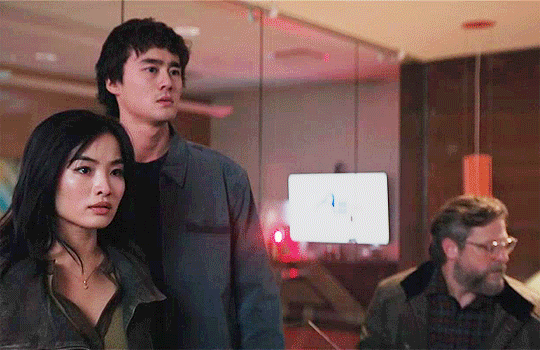
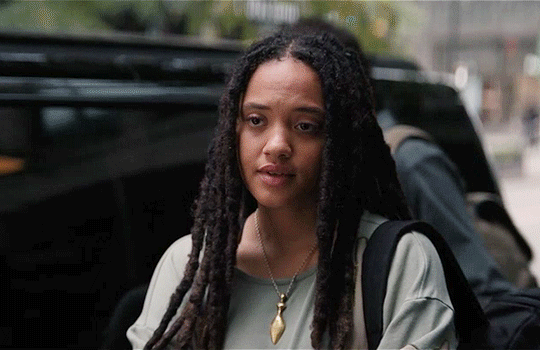
Monarch: Legacy of Monsters - 1x07
#mlomedit#monarchlegacyofmonstersedit#monarch: legacy of monsters#monarch legacy of monsters#cate randa#may olowe-hewitt#anna sawai#kiersey clemons#monarch legacy of monsters 1x07#cate x may#femslash related stuff#but subtext#the show really highlights their relationship#not just the mutual support throughout#but like the growth in this ep from may accepting that cate cares about her and she can care about cate
231 notes
·
View notes
Text

#me#since I rarely show myself#I’m workin on my self-confidence 🥹👉🏾👈🏾#yes I know I’m a highlighter lmao
205 notes
·
View notes